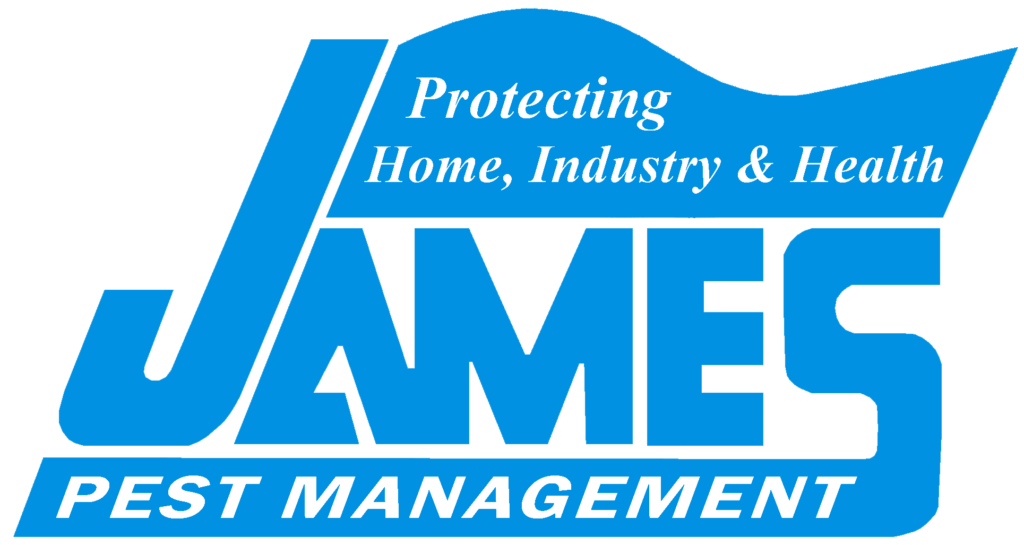Rats are unwelcome houseguests that can cause significant damage to your home and pose a health risk to your family. They are notorious for being silent invaders, often living undetected in your home until their population has grown to a concerning level.
The longer a rat infestation is left untreated, the more damage it can cause. Therefore, it is essential to recognize the early warning signs of a rat infestation and take prompt action. In this blog post, we will discuss the various signs of a rat infestation, how to spot them, and what steps to take to address the issue quickly and effectively.
By familiarizing yourself with the signs of a rat infestation, you can protect your home and family from these pesky rodents.
Spotting signs of a rat infestation
Rats are sneaky creatures that can enter your home without being detected. Unfortunately, they can cause significant damage to your property, carry diseases, and pose a health risk to you and your family. Therefore, it is crucial to recognize the signs of a rat infestation so that you can take the necessary steps to eliminate the problem. Here are some of the most common signs of a rat infestation:
- Rat droppings: Rat feces are small, dark, and pellet-shaped, usually found near food sources, in cabinets, or along walls. If you notice an increase in droppings, this could indicate that the rat population is growing, and immediate action should be taken.
- Gnaw marks and damage: Rats have strong teeth that continuously grow, so they have the instinct to gnaw on various materials to keep their teeth filed down. You may notice gnaw marks on wood, plastic, and electrical wires. This damage can lead to costly repairs, short circuits, or fire hazards. Look for minor, irregular bite marks and shavings around your home as signs of a rat infestation.
- Noises and scratching sounds: Rats are most active at night, so you may hear them scurrying around, scratching, or gnawing in your walls, ceilings, or attic. While some of these sounds can be attributed to other household pests, rats often produce distinct, louder noises due to their size and habits. It may be time to investigate further if you consistently hear unusual sounds at night.
- Tracks and runways: Rats are creatures of habit and use the same pathways when traveling between their nests and food sources. Over time, they will leave behind noticeable tracks, such as footprints, rub marks from their oily fur, or tail drag marks. Look for these signs near walls, baseboards, or areas where rats might hide, such as attics or basements.
- Unusual pet behavior: Your pets may be the first to alert you to a rat infestation. If you notice your cat or dog paying particular attention to certain areas of your home, it may be because they have detected the scent or sounds of rats. Pay close attention to changes in your pet’s behavior, which could indicate that rats are present.
- Nesting materials and rat nests: Rats are known for building nests from various materials, such as shredded paper, fabric, insulation, and plant matter. Finding any of these materials gathered in hidden or secluded areas of your home may be a sign that rats have set up shop. Additionally, finding actual rat nests—usually well-hidden and constructed from the same materials—indicates an infestation.
A foul odor: A persistent, musty odor in your home may indicate a rat infestation. As rats urinate and defecate, they leave behind a distinct smell. If you notice an unusual odor that doesn’t dissipate over time, it could indicate that rats live in your home.
Steps to take to address rat infestation
- Confirm the infestation: Before taking any action, it’s essential to confirm that you have a rat infestation. Look for the signs mentioned above, and if you’re still not sure, consider hiring a professional pest control service to inspect your home.
- Eliminate food sources: Rats are attracted to food sources, so eliminating any potential food sources is critical in preventing an infestation. Store food in airtight containers, clean up any spills or crumbs immediately, and avoid leaving pet food out overnight.
- Seal entry points: Rats can enter your home through tiny openings, so it’s essential to seal any entry points. Use steel wool or wire mesh to fill in any gaps or holes around your home’s exterior, including foundation vents, pipes, and gaps around doors and windows.
- Set traps: Traps can be an effective way to capture rats and prevent them from reproducing. There are various types of traps, including snap traps, glue traps, and live traps. Consider using humane traps if you don’t want to harm the rats.
- Use rodenticides: Rodenticides are chemical baits that can kill rats. However, they should only be used as a last resort, as they can be dangerous to pets and children if not used correctly. It’s best to consult a professional pest control service to use rodenticides safely.
- Clean up: Once you’ve eliminated the rat infestation, it’s essential to clean up any remaining debris, including rat droppings and nesting materials. Wear gloves and a mask when cleaning up, and dispose of any waste in sealed bags.
- Prevention: Finally, take steps to prevent future infestations by regularly cleaning your home, sealing entry points, and maintaining proper sanitation practices.
By recognizing the signs of a rat infestation, you can take prompt action to address the problem. If you suspect you have an infestation, it’s essential to seek professional pest control services to eliminate the problem and prevent future infestations. Remember, the longer a rat infestation is left untreated, the more damage it can cause to your property and the greater the risk to your health and safety.
Call Us Today!
Contact James Pest Management today if you’re dealing with a rat infestation and need professional pest control services. Our experienced team can help identify the root cause of the problem and provide effective and safe solutions to eliminate the infestation. Contact us now to schedule a consultation and protect your home and family from these unwelcome invaders.

